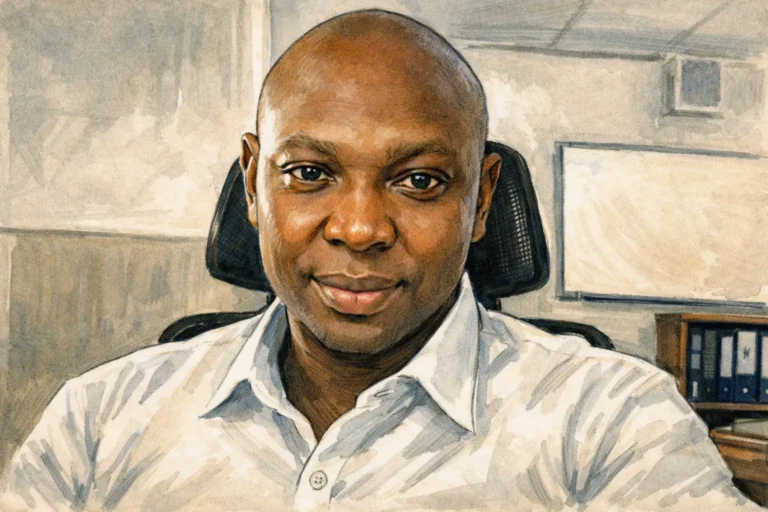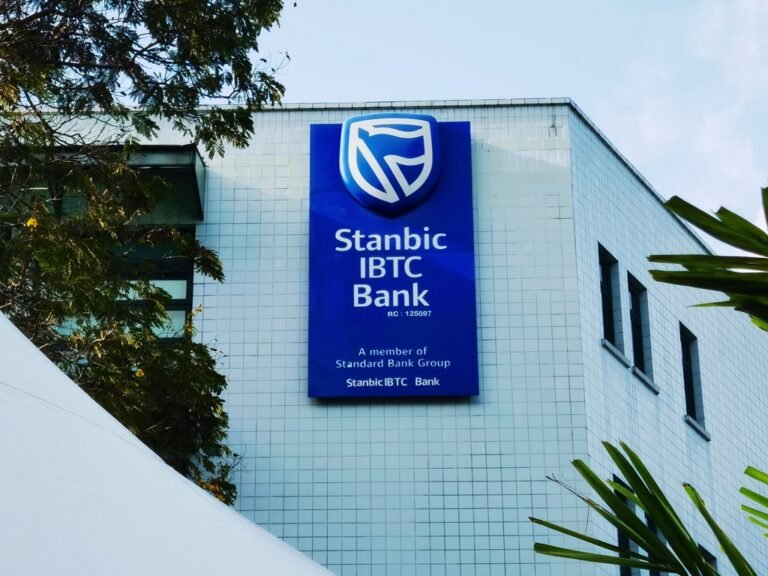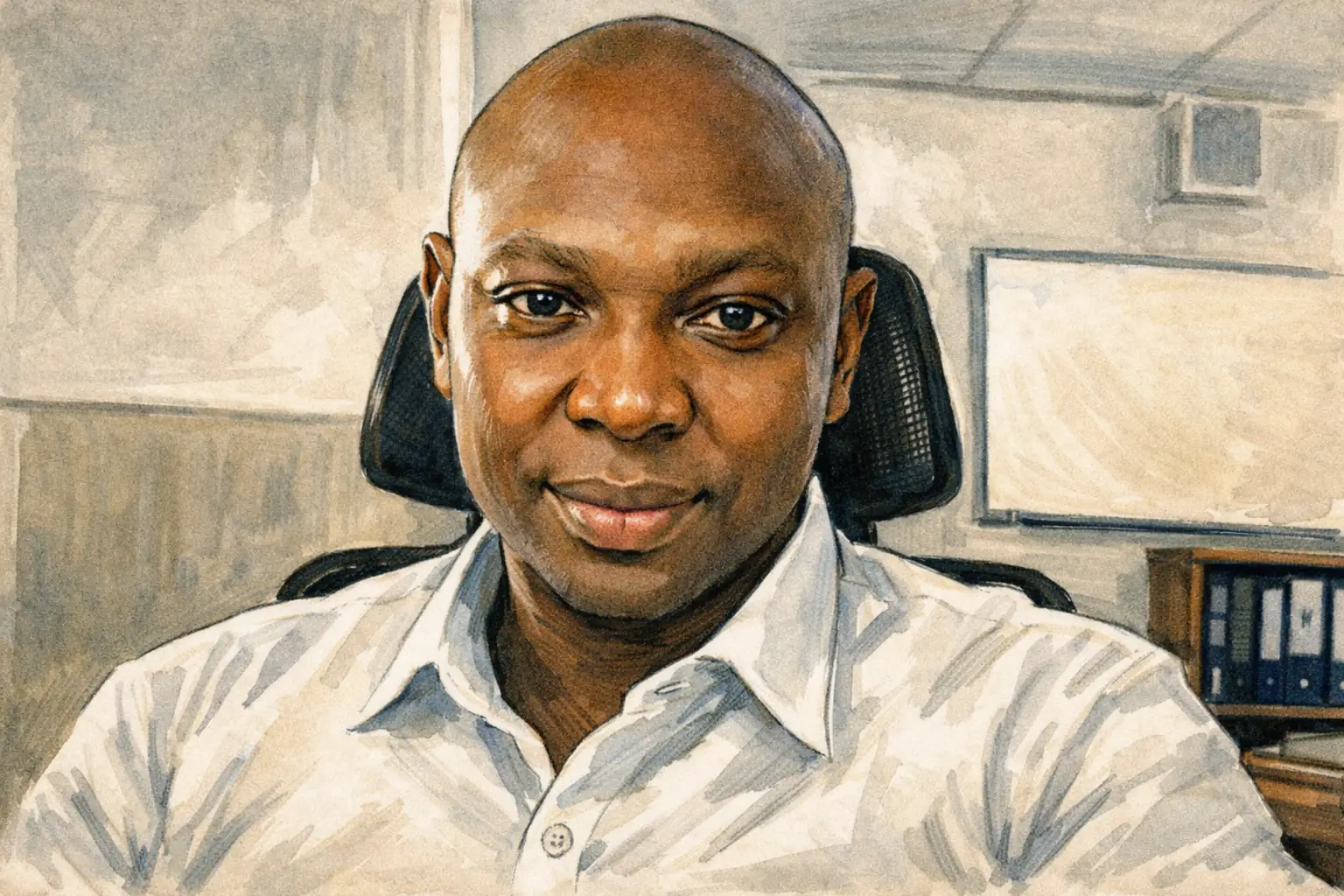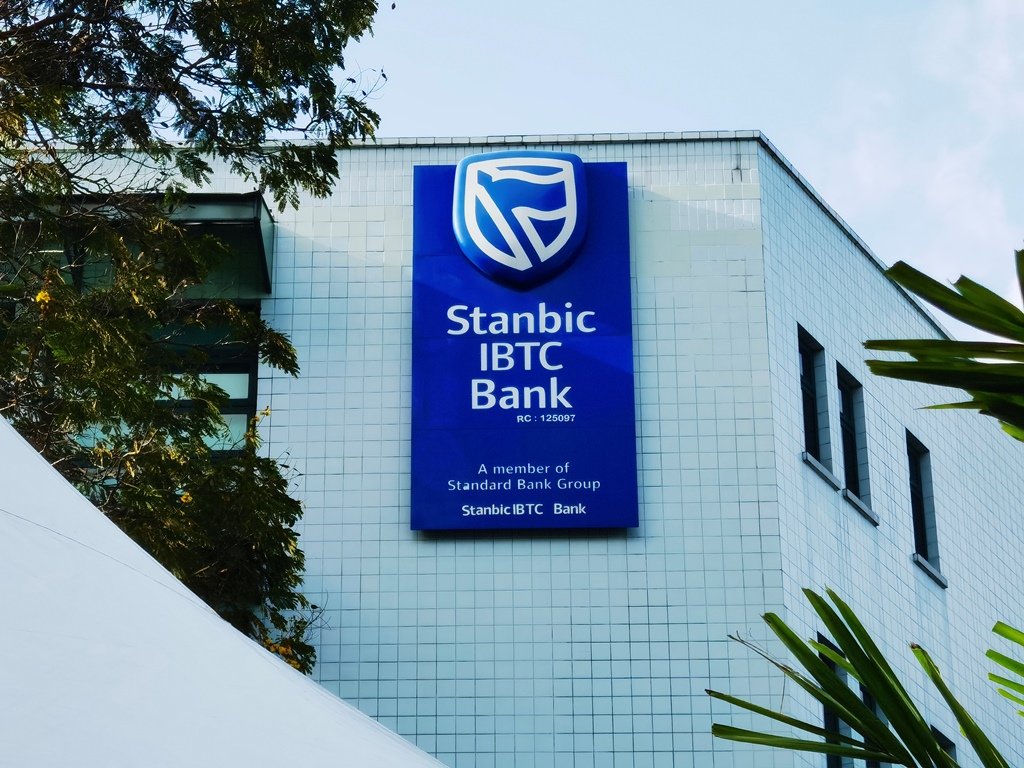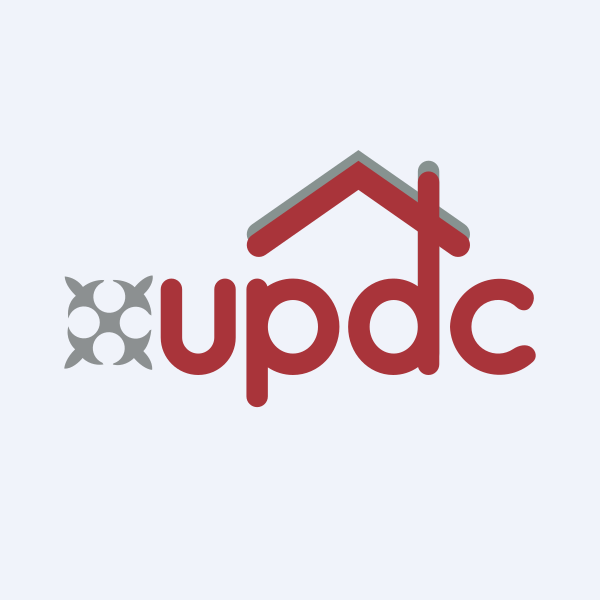Ecobank Nigeria’s long-term issuer credit rating has been cut to ‘CCC-’ from ‘CCC’ by S&P Global Ratings, with a negative outlook signaling heightened default risks. The downgrade stems from a $150 million bond buyback offer on the bank’s $300 million Senior Unsecured Eurobond, exacerbating financial strain.
The tender offer includes a 1.25% early tender premium, equating to $12.50 per $1,000 in principal, with a settlement date slated for July 8, 2025. Ecobank is also seeking bondholder approval to waive the capital adequacy covenant on remaining notes until September 2025.
Capital Adequacy Breach Triggers Downgrade
Following Nigeria’s naira devaluation, Ecobank Nigeria’s Capital Adequacy Ratio (CAR) plummeted to 7%, falling short of the 10% regulatory minimum. This breach prompted the bank to request a temporary suspension of the capital adequacy covenant on its Eurobond notes.
S&P also downgraded the $300 million Eurobond to ‘CCC-’, noting that the tender offer does not yet constitute a distressed debt restructuring. However, this assessment could shift if Ecobank fails to secure a promised capital injection from its parent, Ecobank Transnational Incorporated (ETI).
Support Falls Short
Ecobank Nigeria received a $50 million prepayment on promissory notes from ETI, alongside early repayments on foreign currency loans. Despite these efforts, the bank has been unable to restore its CAR to regulatory-compliant levels.
S&P anticipates an additional $50 million capital injection from ETI before August 2025 to bolster Ecobank Nigeria’s financial position. Failure to secure this funding could lead to a bond default, potentially triggering a further downgrade to ‘CC’.
Outlook Hinges on Capital Injection
The negative outlook reflects S&P’s concerns over Ecobank Nigeria’s ability to stabilize its capital structure amid ongoing economic challenges. The bank’s reliance on ETI’s financial support underscores the fragility of its current position.
Without the expected capital infusion, Ecobank Nigeria faces an increased likelihood of default, which could ripple through Nigeria’s banking sector. Investors and regulators are closely monitoring the bank’s next steps as the July 2025 settlement date approaches.












